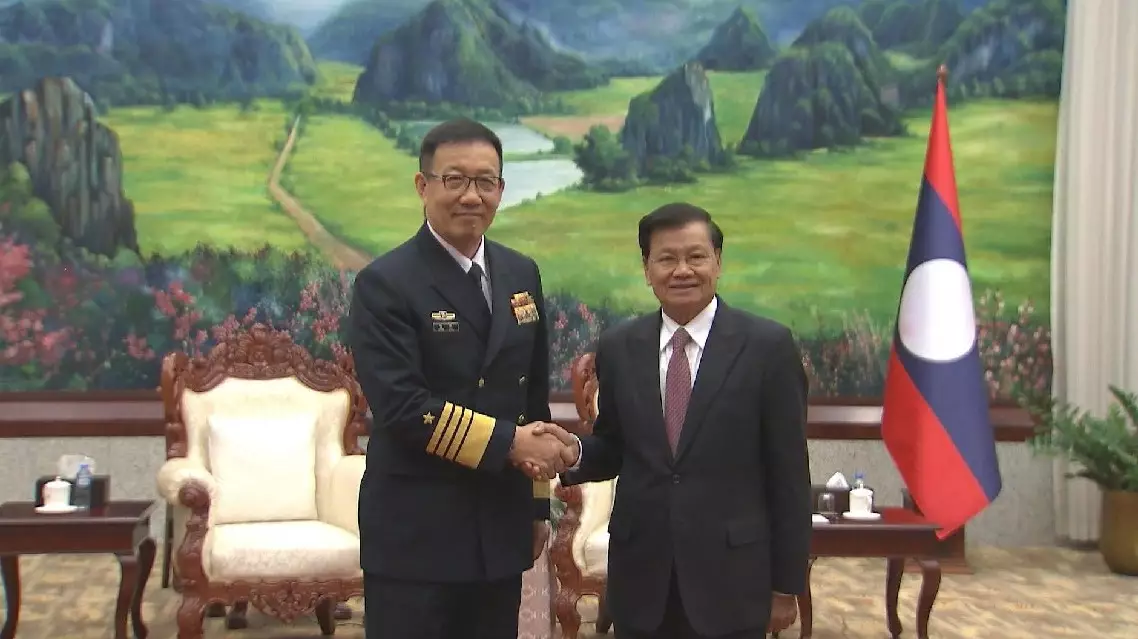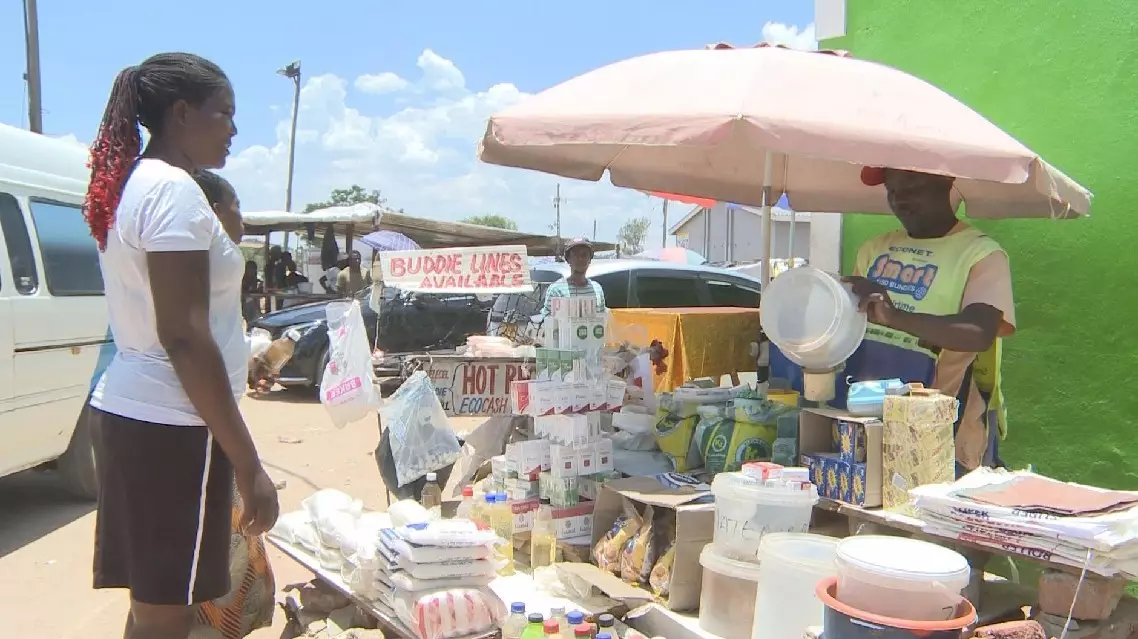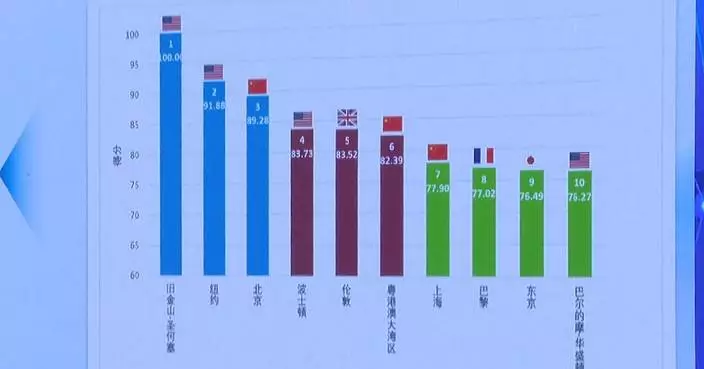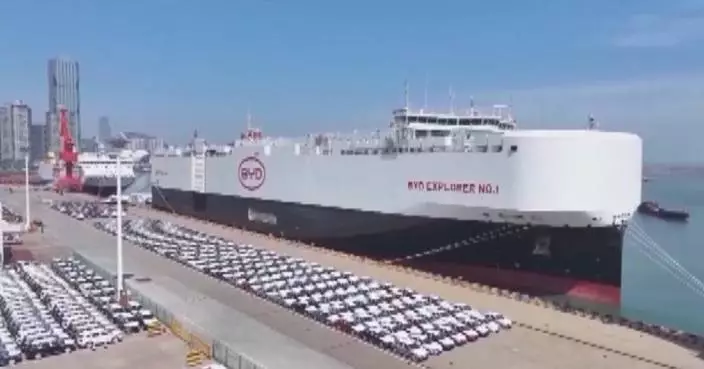Thongloun Sisoulith, general secretary of the Lao People's Revolutionary Party Central Committee and Lao president, met with visiting Chinese Defense Minister Dong Jun in Vientiane on Friday, pledging to strengthen mil-to-mil cooperation.
Noting that the Laos-China friendship is unbreakable, Thongloun urged further strategic communication and practical cooperation between the two militaries.
Dong said China is willing to work with Laos to deepen the pragmatic cooperation between the two militaries and push forward the in-depth development of military relations.
On the same day, Dong also held talks with Lao Deputy Prime Minister and Minister of National Defense Chansamone Chanyalath, and visited the Lao Military Hospital 103.

Lao president meets Chinese defense minister on mil-to-mil relations
Millions of Zimbabweans continue to face food insecurity, a pressing challenge that officials blame on an El Nino-induced drought and the resulting economic slowdown.
According to the Zimbabwe Livelihoods Vulnerability Assessment released in May, about 7.7 million people in the country cannot provide enough food for themselves due to massive crop failure. The majority are in rural areas. (https://stateofthenation.co.zw/2024/05/15/drought-puts-7-7-million-zimbabweans-in-need-of-food-assistance/)
However, the hardships are not restricted to the countryside, as many families in cities are cutting back on meals and sinking into debt.
In Epworth, a high-density settlement in Harare, resident Maria Matiringe is finding it harder to get by.
"I do piece jobs as a domestic worker, but right now, no one has any extra money to pay me because things are tight due to the drought. My income has gone down when prices of most foodstuffs are going up," she said.
Matiringe has reduced the number of meals she cooks at home to one and now spends money on bare essentials, re-packed into smaller quantities.
Women and children in urban and rural areas bear the brunt of the drought.
Donors are working with authorities to sink irrigation boreholes in an effort to improve food production during dry seasons. They are also focusing on enabling communities to bounce back next season.
"People who did not harvest anything last year have no seeds to plant. They may have sold off their cattle, their goats and all, so to avoid a repeat situation next year where people did not plant enough because they didn't have seed or are not able to rely on their livestock, we need to look at ways of recovery activities. But for that harvest to happen, we need seeds, we need fertilizers, we need to work with these rural communities to enable them to restart," said Walter Mwasaa, Acting Country Director at Care International.

Continued food insecurity impacts millions of Zimbabweans










